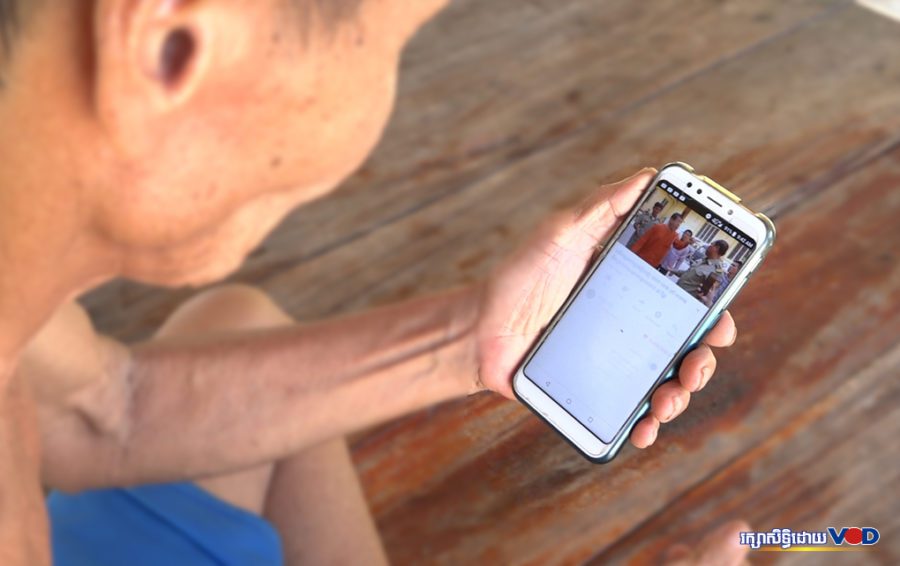Advocates from across Southeast Asia on Tuesday alleged social media complicity in state-sponsored propaganda, harassment of activists and antidemocratic censorship as they established a regional civil-society coalition to press for accountability.
In Thailand, Internet Law Reform Dialogue manager Yingcheep Atchanont pointed to reports of Twitter and Facebook taking down hundreds of military-linked disinformation accounts as the tip of the iceberg in the platforms’ abuse by the government.
Alleging that the military conducted large-scale social-media campaigns against activists, Yingcheep said the media companies should not only stop the abuses but disclose the state’s involvement.
“We need help from technology companies to provide technical evidence,” he said.
Last week, Apple further notified over a dozen Thai activists that they had been targeted in state-sponsored surveillance.
Vietnam activist Michel Tran Duc, of the Vietnam Reform Revolutionary Party, said the Vietnamese government was shifting from flooding social media channels with an army of 10,000-strong internet monitoring team to getting closer cooperation from the media companies.
He said that since the country’s Cybersecurity Law came into force in 2019, companies had “decided to cooperate” in order to remain operating in Vietnam.
According to news reports, Facebook complied with 95 percent of government requests to remove content, while Google-owned YouTube complied with 90 percent.
In Malaysia, messages that touch on race, religion or royalty are swept up in political maneuvering, said Wathshlah Naidu, executive director the Center for Independent Journalism.
“It’s very, very coordinated and large-scale,” Wathslah said. “The way it amplifies messages is of a speed we can’t control.”
Social media companies’ application of standards was still not consistent or timely enough, as by the time a company takes action, disinformation is already widely duplicated across the networks, she said.
The new regional coalition would be a way of gathering the data “to hold technology companies to account,” Wathslah said.
The Cambodian Center for Human Rights, Cambodian Journalists Alliance, and Cambodian Center for Independent Media, VOD’s parent organization, are local members.
Ploy Chanprasert, founder of Digital Reach, the organization hosting the coalition, said social media users — especially activists targeted by states — still needed better mechanisms to seek redress for various forms of abuse.
“There are really no mechanisms people can complain to if they’re treated unfairly by social media business practices. … Their own oversight mechanisms don’t work [and] can’t be trusted,” Ploy said.
“We have tried to engage even before this coalition was born, and it’s not that easy,” she said without naming specific companies. “They forwarded the message to other teams, and after that we never heard from them again. That’s something that’s happened.”
Countries across the region were tightening laws in order to better control the platforms, she added, saying that among the coalition’s first proposed tasks was building a database of issues faced by activists on the ground.
“The context in Southeast Asia makes it difficult to hold social media companies accountable for the problems they’ve created,” Ploy said. “We think it’s better to strategically act together. … The voices are stronger.”
Last week, Cambodian rights group Licadho issued a report detailing harassment on Facebook platforms and calling for better protections. The company responded that it employs experts and takes concrete steps to protect users’ safety.
“All of our safety features are available for users across Southeast Asia, including Cambodia. When we launch a new safety product in the region, Khmer is one of our priority languages,” a representative said last week. VOD has reached out to the company for further comment on the new regional coalition.













